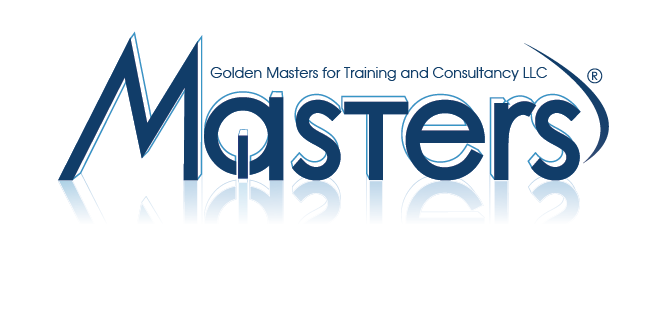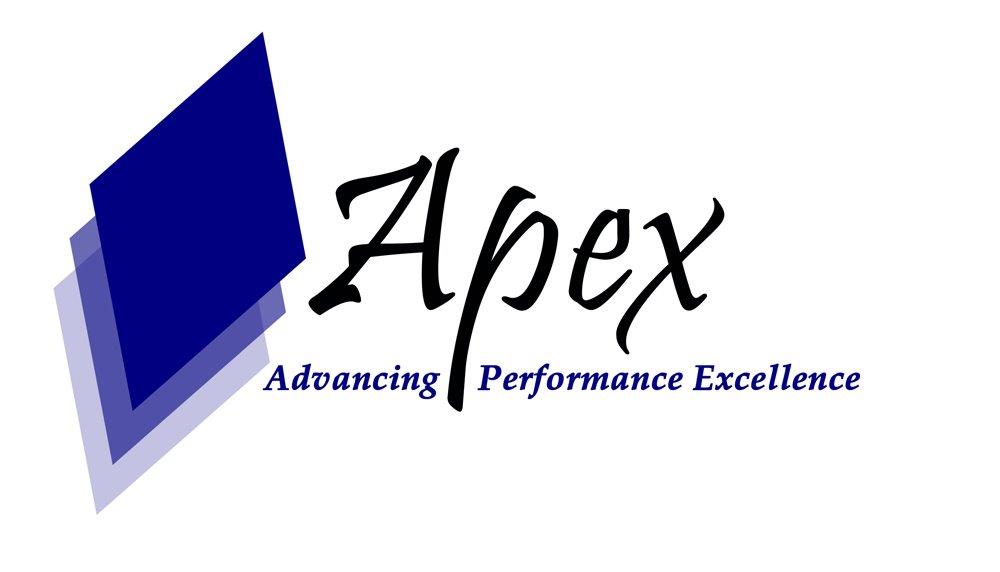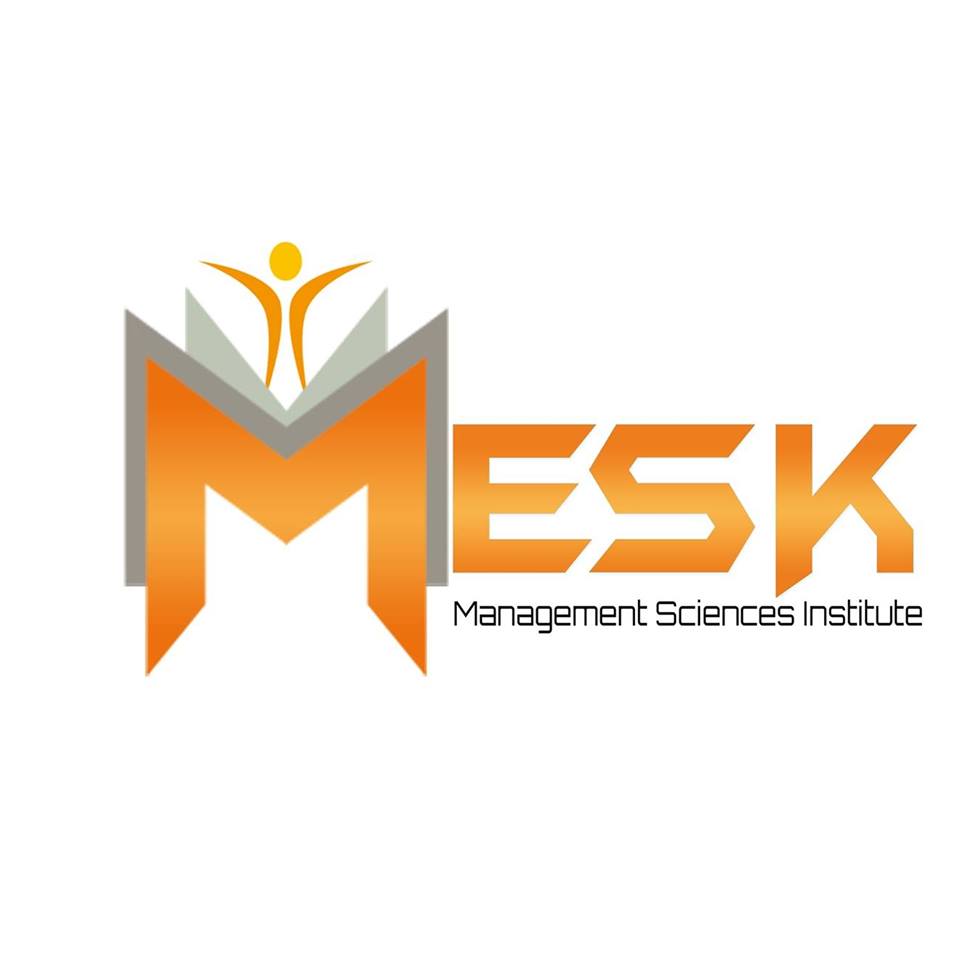The course will concentrate on the problems and solutions surrounding equipment failures, diagnostics and effective methods to prevent them. This results in more efficient plant maintenance, increased operational efficiency, lower operating

Masters Training Company was established in response to the growing need for quality training to support the business community within your Company, Department or Organization by providing a high standard of Training Programs, Courses, Seminars, Workshops and Consultancy Services to employees in a very competitive business environment.
Masters is also an approved vendor from KHDA & ILM
(Institute Review)
55 years ago(Institute Review)
55 years ago
This course will improve and develop your knowledge and understanding of gearbox working conditions in turbines and teach you how to be predictive and proactive in service matters to avoid expensive shutdowns.

It explains the known best practices where real-world issues will be demonstrated to the attendees in groups by covering key functional areas in maintenance and reliability.

This is an ASQ CRE training preparation class (Certified Reliability Engineer) for the ASQ CRE certification. The Alpha TC Professional Reliability Engineer (CRE) course consists of approximately 100 topics. This class is designed to prepare the student for the ASQ CRE certification exam. This cert...

'Structural Reliability Analysis in Civil Engineering' training offered by Mesk Management Sciences Institute.

'Concrete Structural Design, Maintenance & Reliability Analysis for Industrial Projects & Process Facilities' training is offered by Mesk Management Sciences Institute. Kindly contact us to inquire and find out about the schedule and complet
© 2025 www.coursetakers.ae All Rights Reserved. Terms and Conditions of use | Privacy Policy